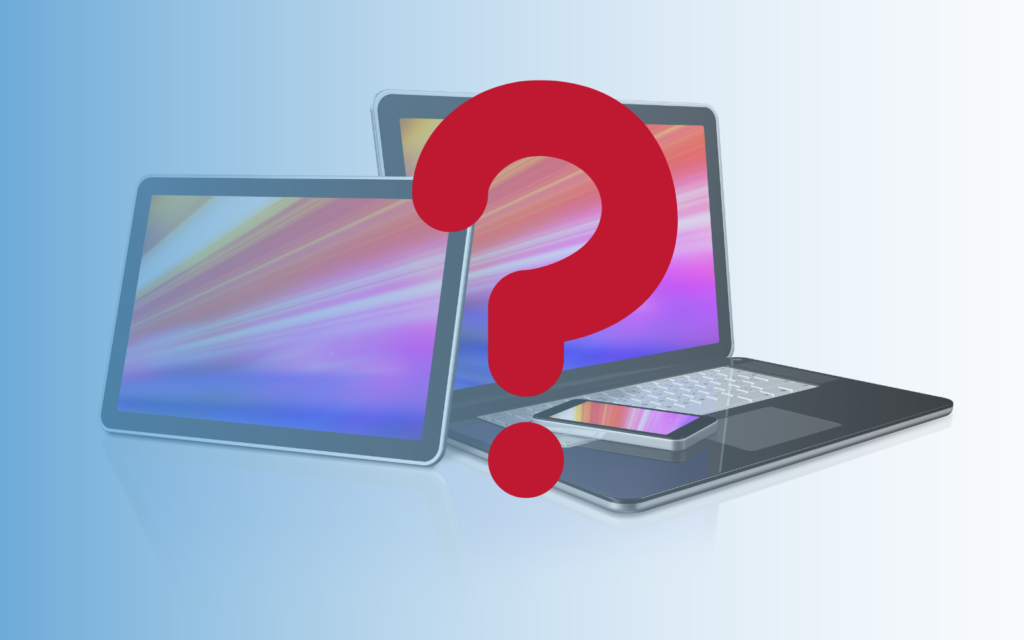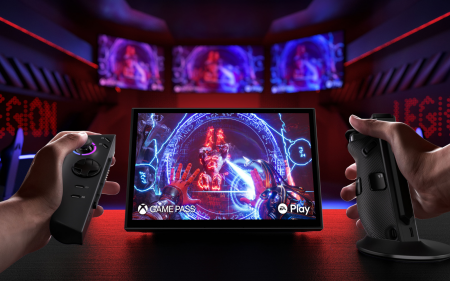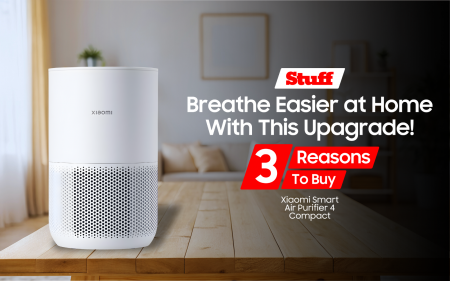Tablets have evolved. You can do much more with them now than you could a few years ago. So if you can now do most basic things on a tablet, should you rather opt for one as your daily driver or for a laptop instead?
First, you must ask yourself if you need the power of a laptop (along with its size) or the portability of a tablet. You might also require both. As it happens, there are ways you can have that without buying two devices. Apple’s latest iPad Air has the same processor as a MacBook Pro. Non-Apple devices like Asus’s Vivobook 13 Slate OLED offer the benefits of a great tablet and a laptop on one device.
As the line between laptops and tablets continues to blur, this is what you should consider.
Cost of living
Consider the price. Though there are great cheap tablets, most of these are basic and we’d give them to our kids to play with. Most basic tablets, including the Amazon Fire HD, go for at least R2,000 but you won’t want one if you’re planning to use it for serious work.
Read More: More South Africans are opting for desktop PCs over notebooks and tablets
For a bit more, you can secure an entry-level iPad, Microsoft’s Surface Go 3, or Samsung’s Galaxy Tab A8. You can add a bit more for decent entry-level laptop models. Those start at between R3,000 and R5,000. In South Africa, you can grab a decent Chromebook from R4,000 for very basic types, with more capable machines costing R6,000 to R10,000.
Read More: Google’s ChromeOS Flex wants to help resurrect that ageing laptop you’ve got tucked away
Tablets are best for portability. They are usually lighter than laptops and are generally smaller. This means you can work from anywhere. However, this also means less power, fewer expansion ports, and a smaller display. Of course, this is unless you buy a top-of-the-range tablet with a price tag to match.
Apple’s biggest tablet, the iPad Pro 12.9in, will cost you around R24,000; but there are plenty of laptops with 15-inch or 17-inch displays available for a lot less.
Double device
Laptops may be less portable, but they are all-rounders with faster performance. Even cheaper entry-level ones will get most basic tasks done. If portability is your main issue, then the needle swings to the tablet’s advantage. If versatility is your aim, laptops may be the way to go. Or… why not both?
You could consider 2-in-1 devices that offer the best of both worlds. These change orientation from laptop to a tablet and vice-versa, with a few steps in between. They’re a bit more expensive though, but definitely worth having. Lenovo’s Yoga lineup are especially well known on this front.
Tablet for gaming
If you’re a serious gamer, rather get a dedicated gaming laptop — it’ll perform better than any tablet on the market for gaming. A laptop will feature a better graphics card. Though Microsoft’s Xbox Cloud Gaming works on tablets, the visuals simply aren’t as good on a tablet compared to a laptop. There’s also the little issue of the service not being functional in South Africa.
Read More: Huawei brings new foldable, laptops and tablet to SA – meet the Mate Xs 2 and friends
Should you work on a tablet?
If you are planning to do serious work, especially if you’re going to be typing, then a laptop may be more comfortable (and most likely more affordable) than a similarly powerful tablet. Tablets carry the additional overhead of needing a keyboard cover or dock in order to function well this way. A laptop’s larger display is also important for long hours of work (especially for your eyes) or if you’re working on graphics that require you see more detail.
Also, consider storage and expandability. Are you able to boost the storage on the device? Tablets tend to have one USB connector, necessitating an expansion peripheral, while laptops offer a range of ports, including headphone sockets. Some even have dedicated memory-card readers.
Slice up your life
Finally, consider whether or not the device supports the apps you need to use. For example, Microsoft Office and Adobe Photoshop are available on most devices, but some specialist apps are PC-only or Mac-only. Android tablets and Chromebooks may not have the standard apps that you find on Macs or PCs. Amazon’s Fire tablet lineup is particularly guilty of this, marking it as a primarily entertainment-focused device.




